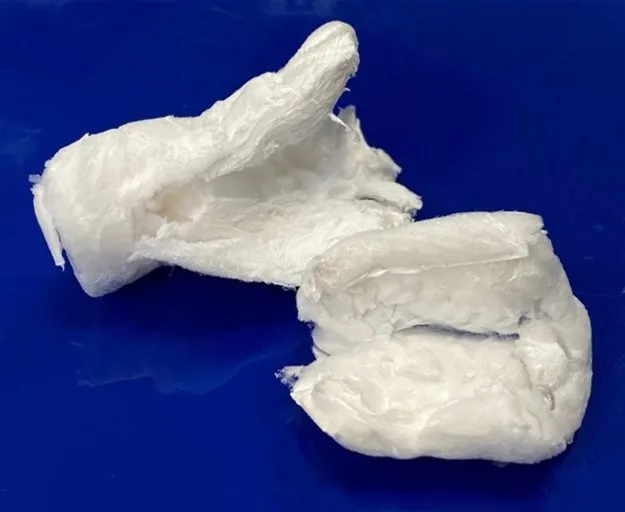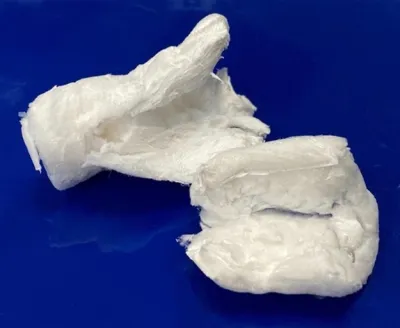Summary
Bythos repurposed fish by-products into bioactive molecules (BAMs) and sustainable fish feed. Living labs in Malta and Sicily bridged research and business, fostering collaboration for high-value products such as collagen and chitosan. The labs took place in Marsaxlokk, Malta, and Lipari, Sicily, and provided practical solutions for fish waste management.
The project created new value chains while reducing environmental risks and promoting sustainable practices in the blue economy.
Results
- Creation of two high-tech start-ups and a university spin-off in Italy, strengthening the regional value chain;
- Fisheries side streams in Malta are now repurposed for the pet food industry, thus reducing waste and generating economic value;
- Establishment of a proactive network to advance circular economy practices in the Mediterranean;
- Recognition through the European Commission’s RegioStars ‘Competitive and Smart Europe’ Award and the Public Choice Award in 2024;
- Continuation of the Bythos model through a new project, ‘HighGel’, focusing on biomedical and animal feed applications.
Resources
Documents
Context
Sicily and Malta, with strong traditions in fishing and small-scale fish processing, face challenges in managing fish waste. Rural and coastal areas encounter barriers such as limited infrastructure for waste processing and transportation, as well as slower knowledge transfer between research and industry due to fragmented networks. This results in discarding side streams from the fish-processing industry, which, in turn, leads to environmental, economic, and social costs.
The Bythos project addressed these challenges by introducing biotechnological solutions to transform waste into valuable products. This approach aligns with regional goals for sustainable development, circular economy practices, and reduction of fisheries’ environmental footprint.
Objectives
- Foster the creation of a new circular economy value chain using fisheries side streams;
- Transfer knowledge on creating high-value products for cosmetics, nutraceuticals, pharmaceuticals, and aquaculture from research to the private sector;
- Promote sustainable resource management and cleaner production methods in the Sicilian and Maltese fishing industries;
- Build a proactive network of stakeholders to drive innovation and economic growth in the blue economy.
Activities, key actors, and timeline
The project started with the set up of living labs in Sicilian and Maltese urban and rural areas to facilitate collaboration among researchers, businesses, and local stakeholders throughout the project and beyond. These labs served as hubs for knowledge transfer, enabling end-users and researchers to come together and co-develop methods for producing bioactive molecules such as marine collagen, chitosan, and astaxanthin from fish waste.
Demonstration labs were established in the Marsaxlokk, Malta, and Lipari, Sicily, rural areas where stakeholders could observe the practical application of waste transformation techniques and gain insights into the circular economy model.
An innovative, mobile, pre-treatment unit was designed and tested in Lipari to address logistical challenges such as stabilising fish waste without refrigeration. This solution allowed for easier waste collection from fish sellers and restaurants, reducing environmental and economic costs.
To ensure commercial viability, the project engaged small and medium enterprises (SMEs) from the fisheries, aquaculture, and biotechnology sectors to present its activities and results. In addition, stakeholders from academia, industry, and the public sector were actively involved in the project dissemination activities, forming a network dedicated to strengthening the blue economy in the Mediterranean.
Success factors/lessons learnt
- Bythos demonstrated the feasibility of a 100% fish-use model, reducing waste and promoting sustainable practices in the fishing industry.
- The project underscores the importance of clustering production and targeting high-value markets to ensure financial and environmental sustainability.
- The biotech living labs enabled effective collaboration among academia, industry, public authorities, and communities, adapting research protocols to industry needs while addressing logistical issues like waste transport and refrigeration.
- Biotechnological innovations addressed logistical challenges, such as high temperatures and fragmented production, common in Mediterranean fisheries.
- Scalability and replicability are achievable in regions with strong fishing traditions and small-scale processing.
Contacts
- Broni Hornsby, Project Manager, bythosmail@gmail.com, +39 333 5364159
- Prof. Vincenzo Arizza, Principal Investigator, vincenzo.arizza@unipa.it, +39 340 4081778

